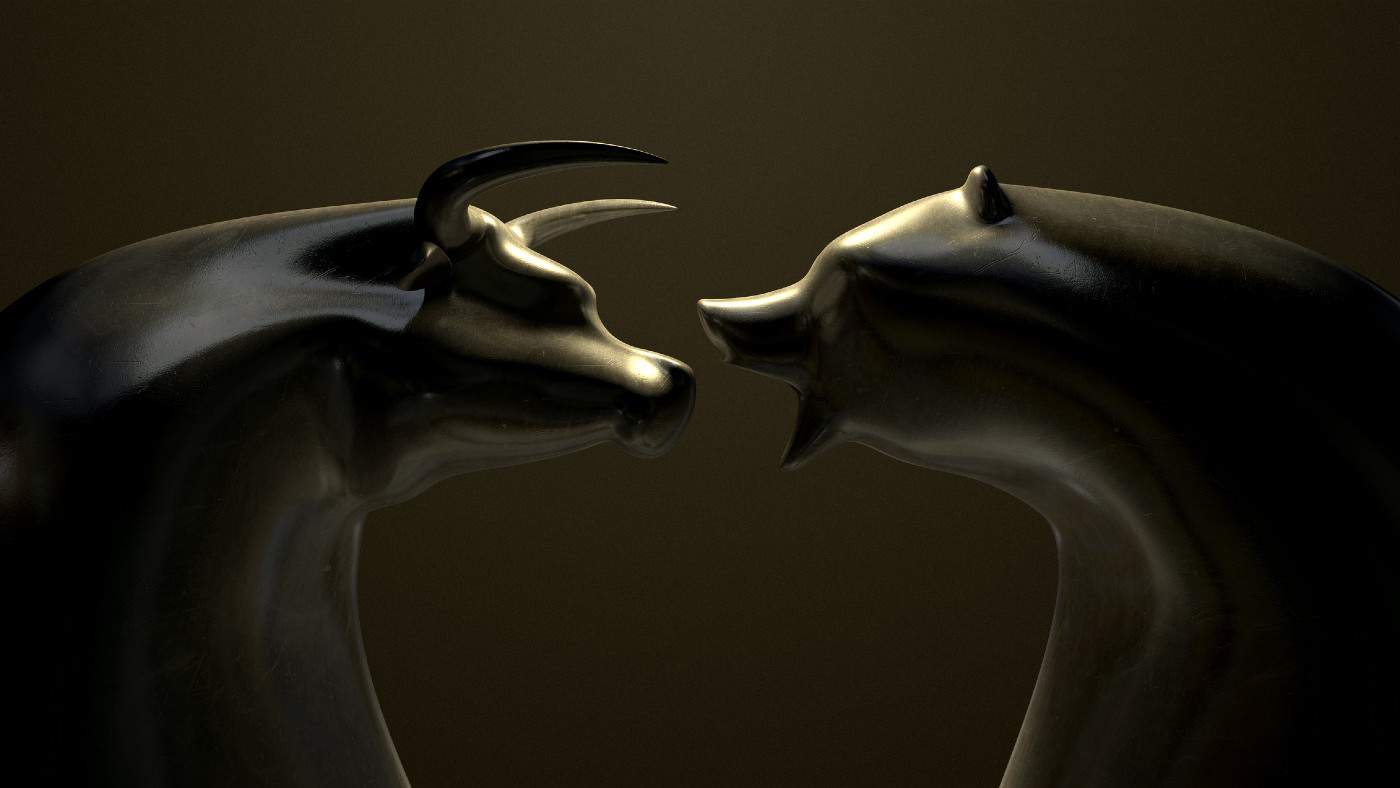HSBC (LSE:HSBA) is one of the largest banks in the world. Its global power was shown recently when it bought out the UK division of failed US Silicon Valley Bank.
Aside from the physical size of HSBC, it also generates chunky revenue and profits. This allows it to pay out dividends to investors. Based on current market expectations, here is the HSBC dividend forecasts for this year and next.
How HSBC dividends work
The bank typically pays out two dividends a year. The first one is announced in February, with the second in August. Usually, February’s is the larger payment of the two. For example, last year the first was $0.18, and the second $0.09.
Should you invest £1,000 in HSBC right now?
When investing expert Mark Rogers has a stock tip, it can pay to listen. After all, the flagship Motley Fool Share Advisor newsletter he has run for nearly a decade has provided thousands of paying members with top stock recommendations from the UK and US markets. And right now, Mark thinks there are 6 standout stocks that investors should consider buying. Want to see if HSBC made the list?
Given that we are in March, I already know what the first 2023 payment will be. It was announced at $0.23 per share. This gives me an annual figure of $0.32. When I convert these figures to British pounds and use the current share price, it gives me a dividend yield of 4.9%.
Expectations for the future
By itself, 4.9% is already a decent yield. After all, the FTSE 100 average is 3.78%. Yet when I consider what the forecasts are for 2023 and 2024, this yield is likely to change.
The expectation for the August dividend is $0.10. So on an annual basis, the 2022 figure of $0.27 should increase to $0.33 by the end of this year.
For 2024, the first payment is forecasted to be $0.21, followed by $0.10. This total of $0.31 would be higher than 2022, but modestly lower than 2023.
Rationalising these numbers
Trying to forecast what my dividend yield could be is difficult. I don’t know what the share price will be if and when I decide to purchase. For example, the stock is down 16% in the past month (up 3% over a year). Where I purchase does make a big difference. If I assumed the share price is where it is now, my yield would actually fall from current levels.
I think this highlights a key point that some investors gloss over. We assume that companies increase dividends year after year. Yet in reality, this isn’t always the case.
I don’t know exactly why the market is expecting the dividend to fall slightly next year. It might be an indication that profits might drop due to the fact that the Bank of England will have finished raising interest rates. Or it could be to do with dampened sentiment around the banking sector in general right now and what that could mean going forward.
Obviously, forecasts can change. Nobody knows for certain how HSBC will perform this year or next and the impact that’ll have on dividends. Yet given that there are other stocks that have much more optimistic forecasts, this isn’t top of my list for income stars to buy right now.








